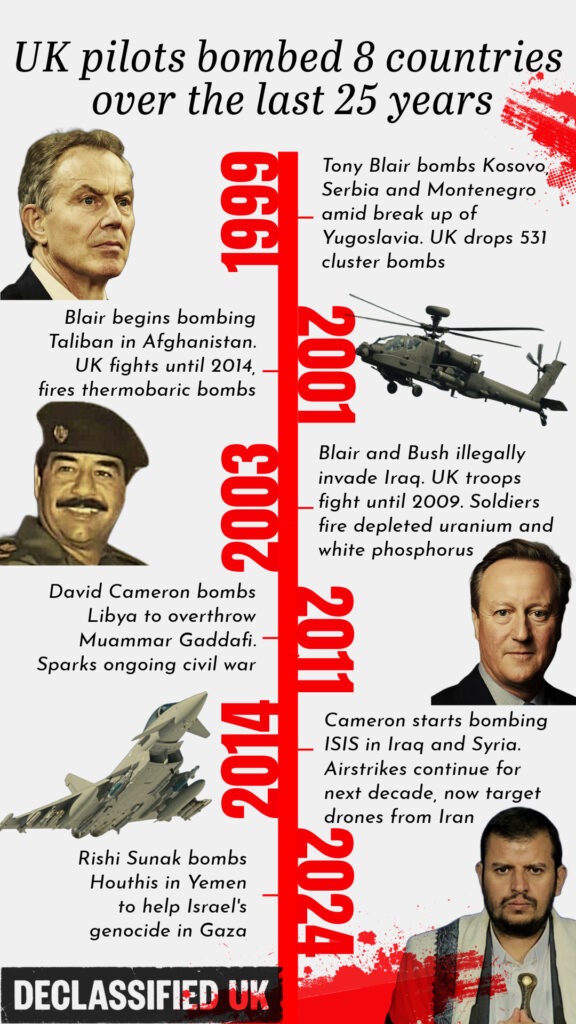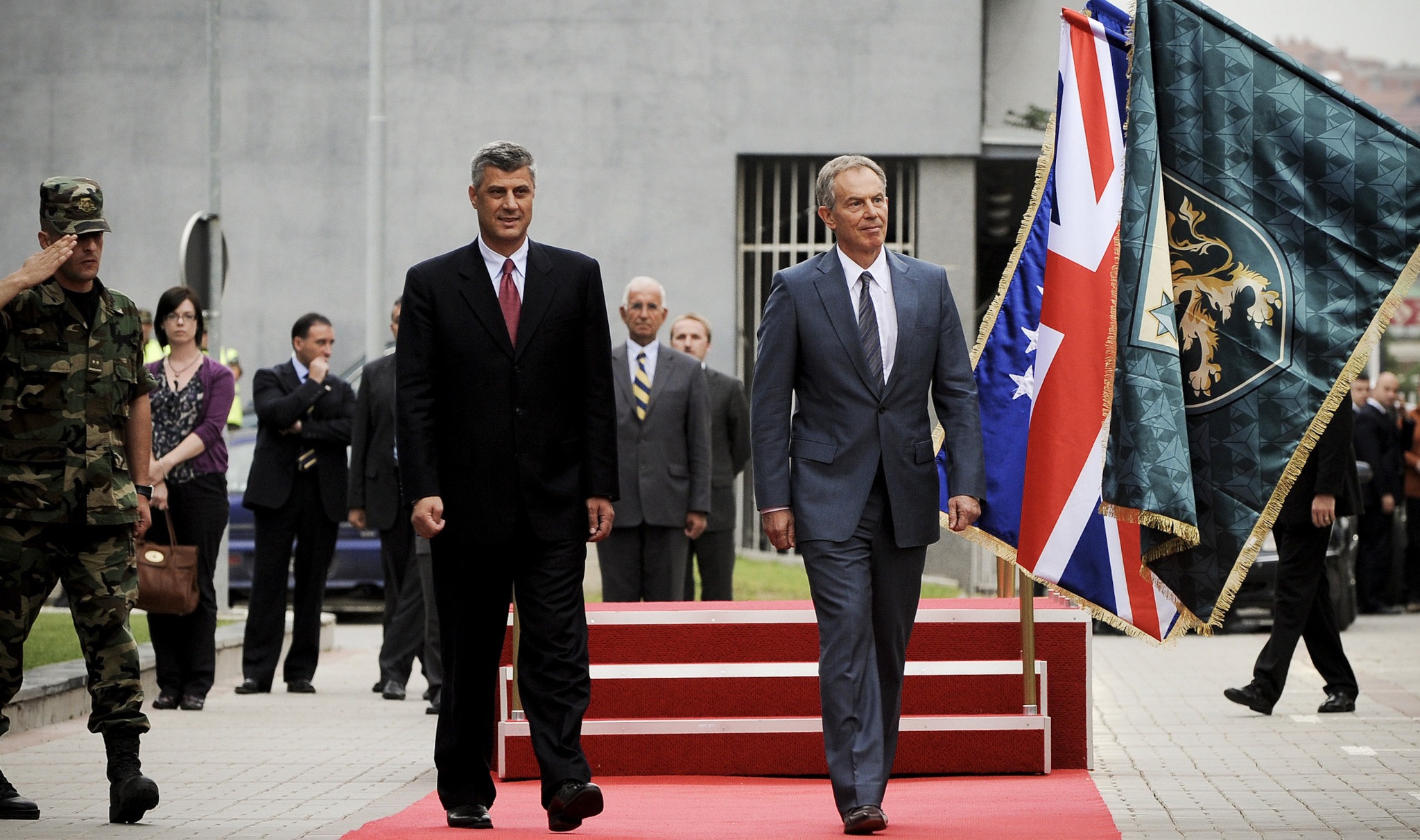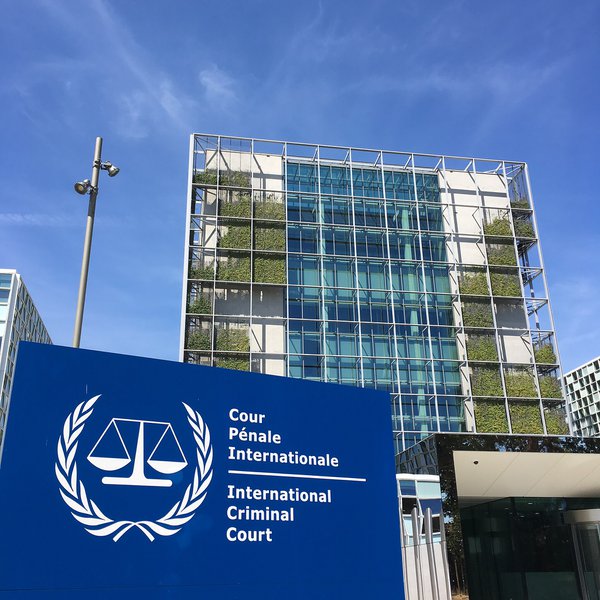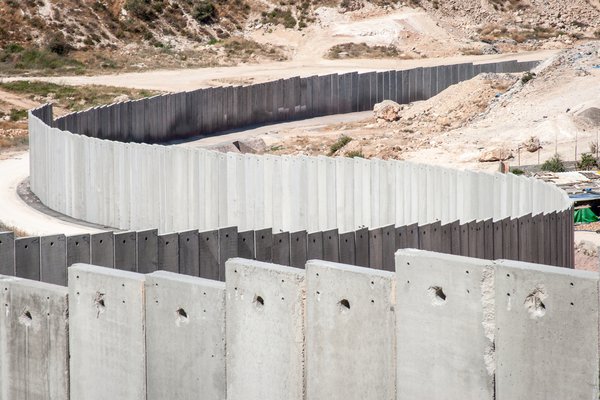The UN General Assembly is expected to vote on a resolution granting Palestine additional rights and privileges, including the right to speak on all issues and propose agenda items, but not the right to vote. The resolution also calls on the Security Council to reconsider Palestine's request for full membership. The United States, which has vetoed a similar resolution in the Security Council, opposes the measure, arguing that Palestinian membership should be achieved through negotiations with Israel. However, the resolution is expected to pass with a large majority, as there are no vetoes in the General Assembly.
PTI | United Nations | Updated: 10-05-2024

The UN General Assembly is expected to vote Friday on a resolution that would grant new "rights and privileges" to Palestine and call on the Security Council to favorably reconsider its request to become the 194th member of the United Nations.
The United States vetoed a widely backed council resolution on April 18 that would have paved the way for full United Nations membership for Palestine, a goal the Palestinians have long sought and Israel has worked to prevent, and U.S. deputy ambassador Robert Wood made clear Thursday the Biden administration is opposed to the assembly resolution.
Under the U.N. Charter, prospective members of the United Nations must be "peace-loving," and the Security Council must recommend their admission to the General Assembly for final approval. Palestine became a U.N. non-member observer state in 2012. "We've been very clear from the beginning there is a process for obtaining full membership in the United Nations, and this effort by some of the Arab countries and the Palestinians is to try to go around that," Wood said Thursday. "We have said from the beginning the best way to ensure Palestinian full membership in the U.N. is to do that through negotiations with Israel. That remains our position." But unlike the Security Council, there are no vetoes in the 193-member General Assembly and the resolution is expected to be approved by a large majority, according to three Western diplomats, speaking on condition of anonymity because negotiations were private.
The draft resolution "determines" that a state of Palestine is qualified for membership - dropping the original language that in the General Assembly's judgment it is "a peace-loving state." It therefore recommends that the Security Council reconsider its request "favorably." The renewed push for full Palestinian membership in the U.N. comes as the war in Gaza has put the more than 75-year-old Israeli-Palestinian conflict at center stage. At numerous council and assembly meetings, the humanitarian crisis facing the Palestinians in Gaza and the killing of more than 34,000 people in the territory, according to Gaza health officials, have generated outrage from many countries.
The original draft of the assembly resolution was changed significantly to address concerns not only by the U.S. but also by Russia and China, the diplomats said.
The first draft would have conferred on Palestine "the rights and privileges necessary to ensure its full and effective participation" in the assembly's sessions and U.N. conferences "on equal footing with member states." It also made no reference to whether Palestine could vote in the General Assembly.
According to the diplomats, Russia and China which are strong supporters of Palestine's U.N. membership were concerned that granting the list of rights and privileges detailed in an annex to the resolution could set a precedent for other would-be U.N. members - with Russia concerned about Kosovo and China about Taiwan.
Under longstanding legislation by the U.S. Congress, the United States is required to cut off funding to U.N. agencies that give full membership to a Palestinian state - which could mean a cutoff in dues and voluntary contributions to the U.N. from its largest contributor.
The final draft drops the language that would put Palestine "on equal footing with member states." And to address Chinese and Russian concerns, it would decide "on an exceptional basis and without setting a precedent" to adopt the rights and privileges in the annex.
The draft also adds a provision in the annex on the issue of voting, stating categorically: "The state of Palestine, in its capacity as an observer state, does not have the right to vote in the General Assembly or to put forward its candidature to United Nations organs." The final list of rights and privileges in the draft annex includes giving Palestine the right to speak on all issues not just those related to the Palestinians and Middle East, the right to propose agenda items and reply in debates, and the right to be elected as officers in the assembly's main committees. It would give the Palestinians the right to participate in U.N. and international conferences convened by the United Nations - but it drops their "right to vote" which was in the original draft.
Palestinian President Mahmoud Abbas first delivered the Palestinian Authority's application for U.N. membership in 2011. It failed because the Palestinians didn't get the required minimum support of nine of the Security Council's 15 members.
They went to the General Assembly and succeeded by more than a two-thirds majority in having their status raised from a U.N. observer to a non-member observer state. That opened the door for the Palestinian territories to join U.N. and other international organizations, including the International Criminal Court.
In the Security Council vote on April 18, the Palestinians got much more support for full U.N. membership. The vote was 12 in favor, the United Kingdom and Switzerland abstaining, and the United States voting no and vetoing the resolution.
MAY 09, 2024
WASHINGTON – U.S. Senator Jim Risch (R-Idaho), ranking member of the Senate Foreign Relations Committee, today led 24 Senate colleagues in introducing the No Official Palestine Entry (NOPE) Act, legislation to update existing funding prohibitions in law that would cause the United States to cut off assistance to entities that give additional rights and privileges to the Palestinian Authority.
“The Palestinian Authority and the Palestine Liberation Organization (PLO) are deeply flawed, plagued by corruption, and incite terrorism through the egregious ‘pay for slay’ program. Giving the PLO a voice at the United Nations is preposterous and fails to account for the PLO’s role in inspiring generations of Palestinians to support acts of terror,” said Risch. “This legislation will ensure taxpayer dollars are not used to give the PLO credibility.”
In addition to Risch, the
Full text of the legislation can be found here.
Background:
On Friday, May 10th, the Palestinian Authority will pursue a vote in the United Nations (UN) General Assembly to enhance its current status at the UN. This enhanced status may fall short of full membership, but it would include numerous rights and privileges that previously have only been granted to full members.
Current U.S. law prohibits U.S. funding to organizations, such as the UN, which give the PLO full membership or standing as a member state. The NOPE Act updates the existing funding prohibition to organizations that offer the PLO “any status, rights, or privileges beyond observer status.












